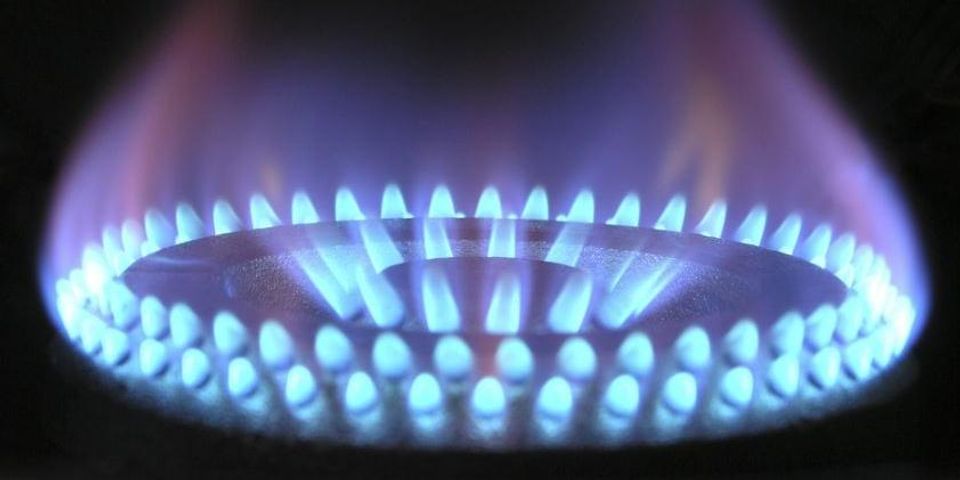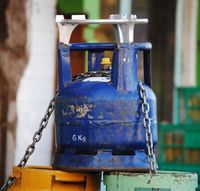Learn the Importance of Checking the Gauge on Your Propane Tank

The numbers on your propane tank gauge signify the percentage of gas remaining in the tank. Most tanks include two primary gauges: the dial or float gauge and the fixed liquid level gauge or bleeder valve. There are many benefits to checking, reading, and analyzing gas tank gauges. Not only does it have the ability to save you money in the long run, but it also helps you to estimate the date that the tank will need to be refilled. There is a formula that calculates the number of gallons of propane gas you have left: Simply multiply the percentage on the gauge by the size of the tank. In Bulverde, TX, Low Price Gas provides residents with a wide array of propane gas products and services.
Here’s why you should check the gauge on your gas tank:
 Empty Tank Hazards: If the gauge isn’t checked, it is possible to end up with an empty tank. Running out of gas and losing pressure in the system can result in a potentially dangerous situation. Air and moisture could enter a depleted or empty storage tank. This can result in rust buildup inside the tank, which can lessen the propane’s odor concentration, making it harder to smell if it leaks.
Empty Tank Hazards: If the gauge isn’t checked, it is possible to end up with an empty tank. Running out of gas and losing pressure in the system can result in a potentially dangerous situation. Air and moisture could enter a depleted or empty storage tank. This can result in rust buildup inside the tank, which can lessen the propane’s odor concentration, making it harder to smell if it leaks.- Leak Detection: Some gas gauges have built-in leak detectors that also prevent homeowners from experiencing gas-related accidents. Leaks are typically detected by smell, as the gas has a strong, distinctive, and disagreeable odor. However, it is also possible to be unable to smell the gas, especially if it has been exposed for too long. To make sure that leaks are addressed immediately, tank gauges have to be checked.
- Exact Quantity: Experts advise against letting your gas tank go below 20% before having it refilled. Since liquefied petroleum gas is a highly delicate substance, it is important to maintain appropriate quantities at all times. Gas gauges provide accurate numbers, so checking it periodically is a must.
The experienced and skilled technicians at Low Price Gas can guide you in handling your propane gas products and equipment correctly to avoid hazards. Hire their services today by calling (830) 980-2600, or leave a message on their website.
About the Business
Have a question? Ask the experts!
Send your question

